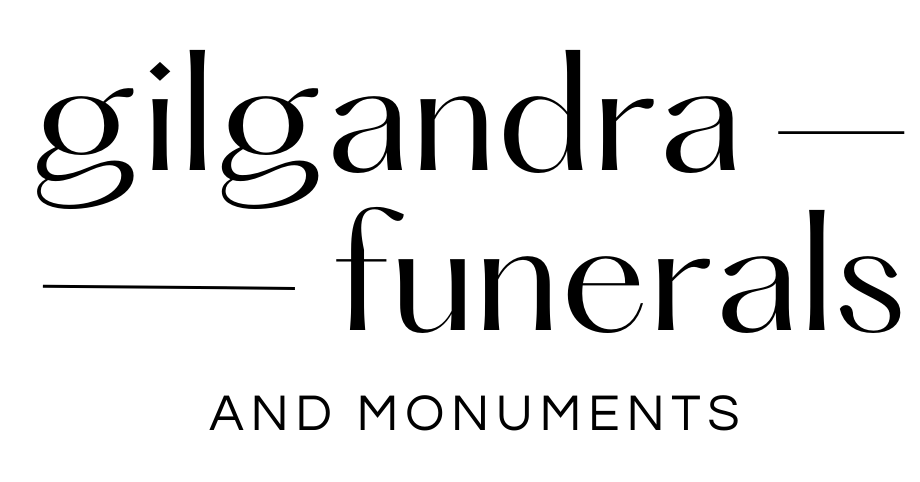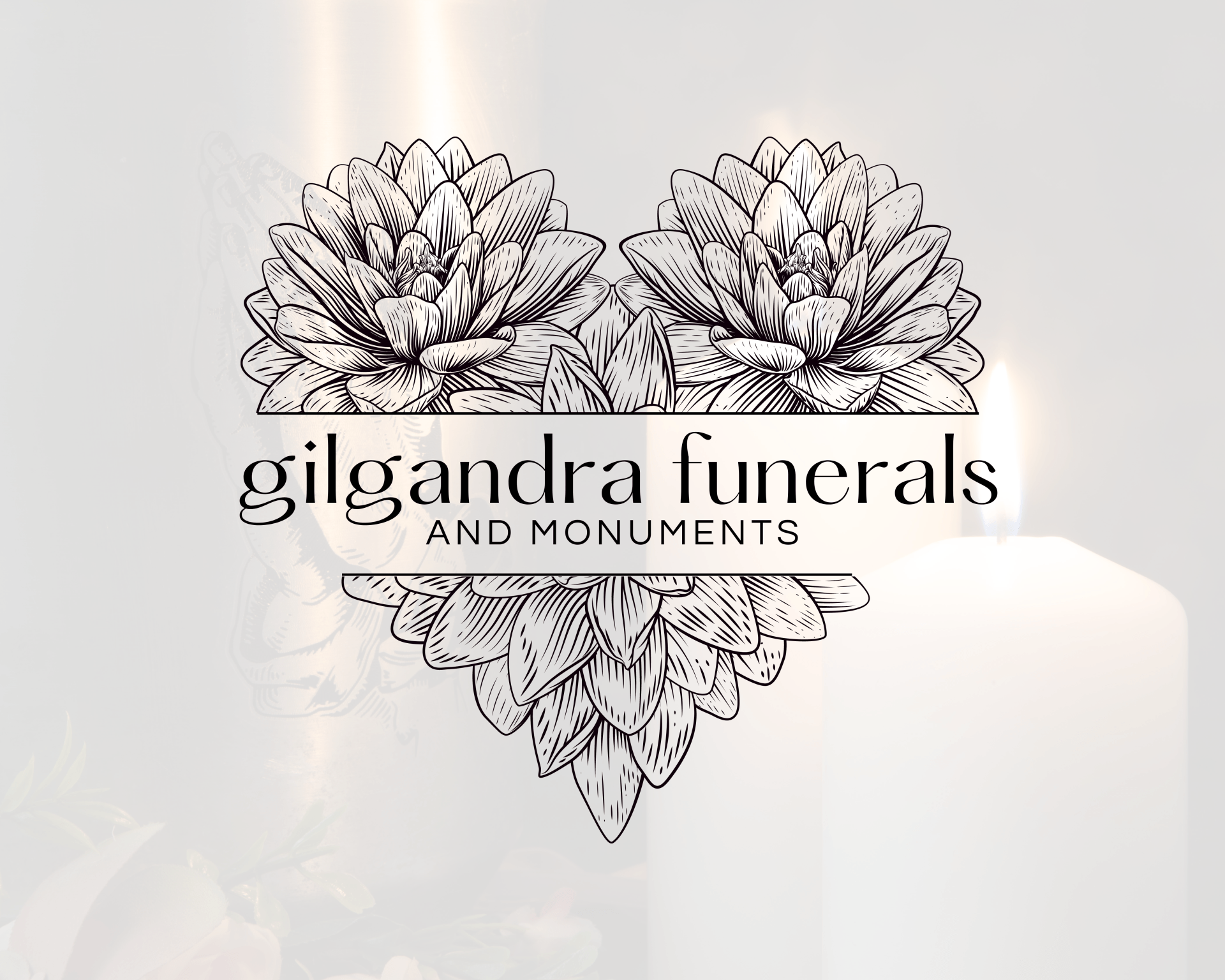Useful Funeral Information
Upcoming Funeral Notices
Factors To Consider
Putting together a heartfelt memorial for a loved one takes careful planning and preparation. There can be a surprising number of elements to consider regarding ceremonial processes and legal requirements. We’ve compiled some useful information for you below. For further information, get in touch with the Gilgandra Funerals & Monuments team on (02) 6847 2215.
Burial & Cremation
Most people are buried or cremated once they pass away and both have their benefits. A burial gives the family a physical gravesite and
monument where they can mourn, remember, celebrate and be close to the deceased. Cremation, on the other hand, allows you to scatter the ashes of the deceased in special places that meant to the most to them.
Embalming
Embalming is done in modern times to restore the appearance of a body before viewing or being repatriated. It is also useful in delaying the decomposition of the body if the burial or cremation service is to be held at a later date.
Religious & Cultural
At Gilgandra Funerals & Monuments, we work with people of all religious and cultural backgrounds. You will always be respected by our staff. Reach out to our team today for more information.
Death Away From Home
We can take care of all the requirements to get your loved one back home following their death interstate or overseas. Our service includes preparing documents and permits, preparing the deceased’s body and vessel for transport, making flight bookings and more.
Q&A
-
Can we dress the deceased?
You may like to choose a favourite piece of clothing for your loved one to be dressed in. The deceased can wear their own clothes, gown or a breasting (which is a head-to-toe dignity cover.) Your loved one’s hair and makeup will be done. Jewellery such as wedding and engagements rings can be placed on the deceased as well as rosary beads and other jewellery.
-
Can the funeral director stop me from viewing the deceased?
Due to public health regulations, people carrying some infectious diseases are not able to be viewed. We work with the family to manage each situation on a case-by-case basis.
-
How do I make funeral arrangements?
Gilgandra Funerals & Monuments is here to ensure every detail is attended to as your family has requested. Our role is to guide the family through the arrangements in a caring and understanding manner. You can speak with us at our office or in your home, wherever you feel most comfortable. Specifically, the duties of a funeral director are to:
- Meet with and discuss the many aspects of the funeral with the family, setting out the various choices available and the costs involved.
- Once the funeral arrangements are set, liaise with various organisations which may include clergy, cemetery, crematorium, hospital, doctor and service organisations to confirm arrangements.
- Arrange to collect the deceased from the place of death and prepare for viewing, place death and funeral notices in local and metropolitan newspapers, organise any family floral tributes, conduct the funeral on the day and time decided and finalise the necessary paperwork to ensure all legal requirements are met.
-
How much choice does the family have in funeral arrangements?
The family has absolute choice with certain exceptions. In the case of a coronial investigation, some murder cases may only be given permission for a funeral by burial only. Our funeral directors can provide options to a family, but it is the family’s right to choose whatever they wish providing necessary legal requirements are met.
-
Is it compulsory to use a funeral director?
A funeral director that has access to a mortuary and complies with the appropriate health regulations is necessary when dealing with a deceased person.
-
When does the coroner become involved?
If the doctor is unable to certify the cause of death, it is necessary to contact the police, who then will liaise with coronial staff. This will be necessary in such instances as:
- Death other than by natural causes including violence, accidental or unusual causes.
- Whilst under anaesthetic (or within 24 hours of the administration of an anaesthetic).
- Unexpected death.
- Death of a person in an institution, a prison or in police custody, drug or alcohol rehabilitation centre.
- When the cause of death is unknown.
Coronial staff or a government appointed funeral company will transfer the deceased to the coroner. A post-mortem examination, also known as an autopsy, is a detailed examination conducted to establish the cause of death. This examination is carried out by a doctor known as a pathologist. We will then liaise with coronial staff regarding release of the deceased into our care.
-
How will I know I am receiving my loved one’s ashes and not anybody else’s?
An identifying nameplate is placed on a coffin prior to cremation. Before cremation precedes, the nameplate is removed and used as a marker for the remains. The ashes of the deceased are then packaged appropriately for us to take back to our premises for the family to collect.
SITE LINKS
OUR SERVICES
TRADING HOURS
- Monday
- -
- Tuesday
- -
- Wednesday
- -
- Thursday
- -
- Friday
- -
- Saturday
- Closed
- Sunday
- Closed
***In the event of someones passing we are available 24hrs.
LICENCES
ABN: 26 971 351 122

















